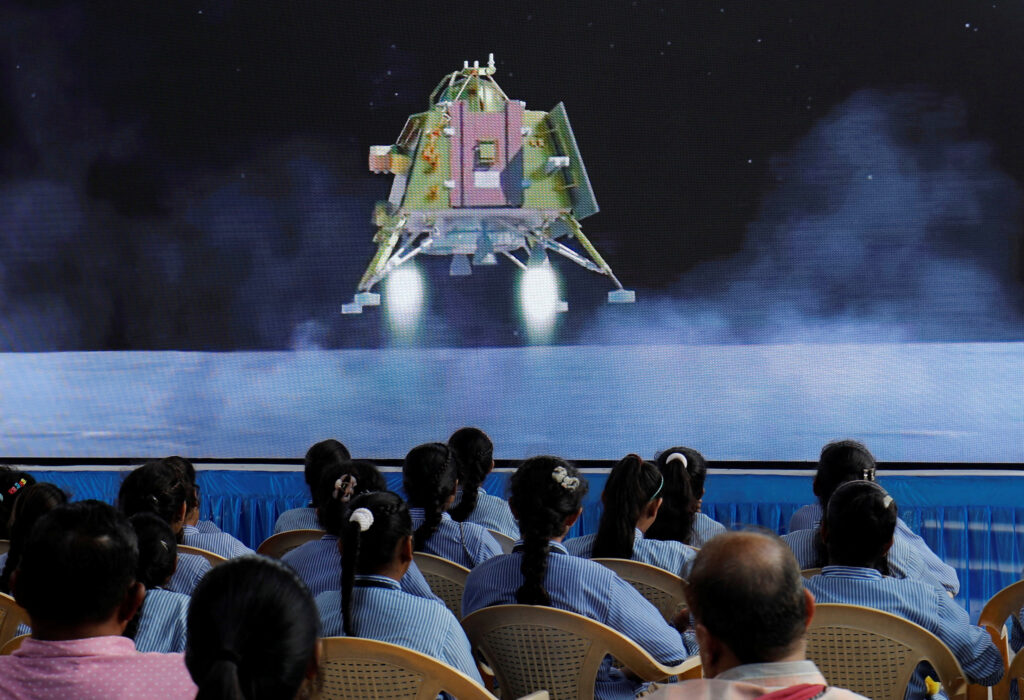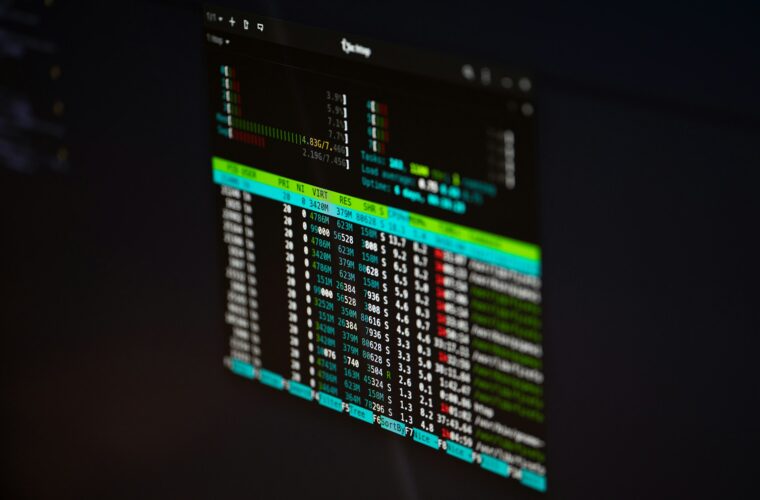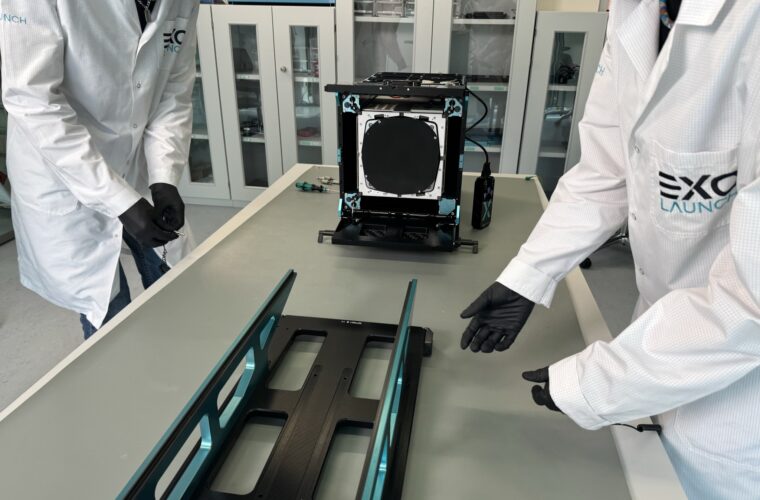Moon rover exits India’s Chandrayaan-3 spacecraft to explore lunar surface
By Sakshi Dayal
NEW DELHI (Reuters) – The moon rover of India’s Chandrayaan-3 exited the spacecraft on Thursday morning to begin its exploration of the lunar surface, the country’s space agency said on messaging platform X, formerly known as Twitter.
The spacecraft landed on the unexplored south pole of the moon on Wednesday evening, days after Russia’s Luna-25 failed, making India the first country to achieve that feat.
“The Ch-3 Rover ramped down from the Lander and India took a walk on the moon!” the Indian Space Research Organisation (ISRO) said in its message.
Accomplished with a budget of about 6.15 billion Indian rupees ($74.58 million), this was India’s second attempt to touch down on the moon. A previous mission in 2019, Chandrayaan-2, successfully deployed an orbiter but its lander crashed.
Chandrayaan means “moon vehicle” in Hindi and Sanskrit.
The moon’s rugged south pole is coveted because of its water ice, which is believed to be capable of providing fuel, oxygen, and drinking water for future missions, but its rough terrain makes landing challenging.

People across the country tuned in to watch the landing on Wednesday, with nearly 7 million people viewing the YouTube live stream alone.
Prayers were also held at places of worship, and schools organised live screenings of the spectacle for students.
Chandrayaan-3 is expected to remain functional for two weeks, running a experiments including, a spectrometer analysis of the lunar surface’s mineral composition.
($1 = 82.4610 Indian rupees)



